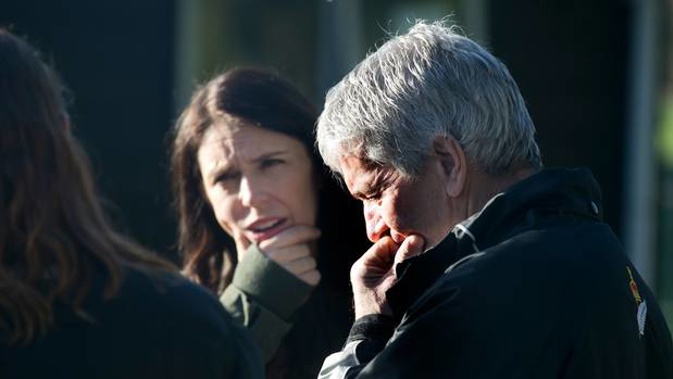
All New Zealanders need to participate in biosecurity as a "reflex action", says Agriculture and Biosecurity Minister Damien O'Connor.
He told KPMG's Fieldays agribusiness leaders' breakfast the Government's Biosecurity 2025 direction statement which guides New Zealand's biosecurity system through to 2025 was an example of an intersection of natural, social and economic capital.
An important part of Biosecurity 2025 was building in every New Zealander a better understanding of the importance of biosecurity, said O'Connor, whose Ministry for Primary Industries has drawn heavy criticism for the number of biosecurity border breaches in recent years, and for its slow response to the current Mycoplasma bovis cattle disease event.
Thinking about and participating in biosecurity needed to become fundamental to New Zealanders, he said.
MPI's "4.7 million" initiative referred to the need for all Kiwis to be part of the answer to biosecurity. Its target was for three quarters of all adults to understand what biosecurity meant and why it was important, and for half a million New Zealanders to regularly take action to control plant or animal pests in their communities.
O'Connor said it was an especially interesting time to be Minister of Agriculture because the sector was at an important stage of its evolution.
New technology developments, environmental pressures and expectations from consumers and the public were constantly evolving and the pace of change was increasing.
Social capital, sometimes called a social licence to operate, needed to be driven by the primary industry, O'Connor said.
The Government wanted to support rural communities to adapt and build resistance.
It was ensuring that when policymakers designed rules they took into account the unique factors which affected rural communities, including low population density, isolation and reliance on the primary sector for employment.
Take your Radio, Podcasts and Music with you









